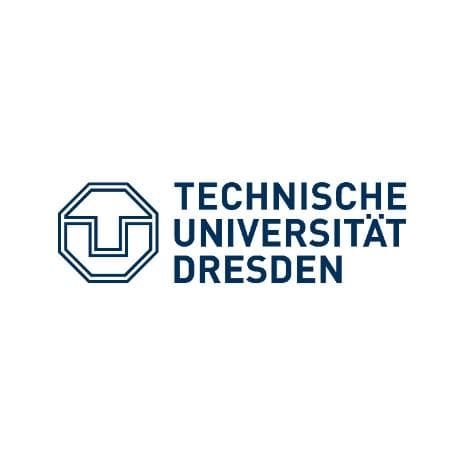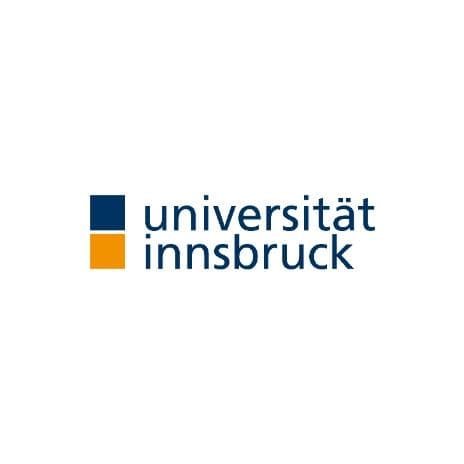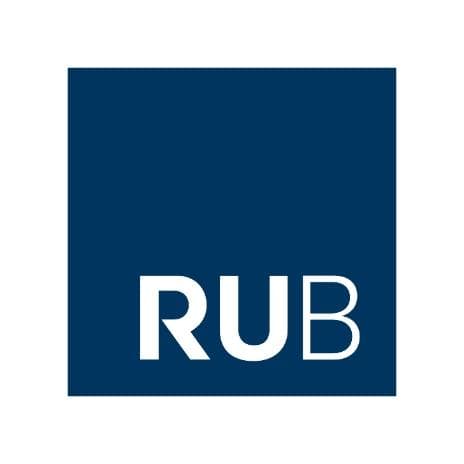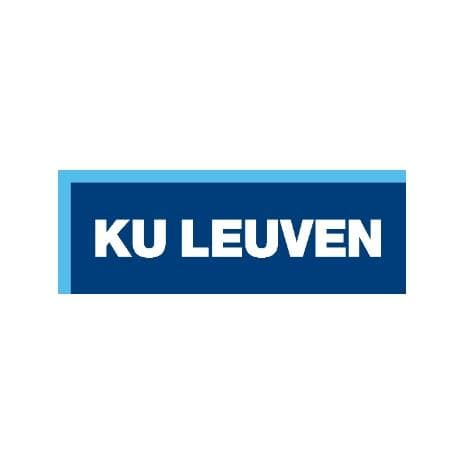



Get to know the people behind the project
Introducing our dynamic team of experts from four renowned European universities, specializing in physics. With a shared passion for climate change and critical thinking, our team is dedicated to driving meaningful progress in the field. Together, we bring a wealth of knowledge and diverse perspectives to our project, working collaboratively to address the challenges ahead.

TU Dresden

Gesche Pospiech
Lana Ivanjek
Magdalena Micoloi
Andreas Schellenberger
Technische Universität Dresden (TUD), founded in 1828, is one of eleven German universities that were identified by the German government as ‘Universities of Excellence’ and are thus entitled to receive permanent funding within the framework of the Excellence Strategy of the Federal and State Governments. TUD is one of the largest technical universities in Germany, having about 30.000 students and 8.500 staff members, and is among the country’s leading and most dynamic universities. With 17 faculties in five Schools, TUD offers a broad variety of degree courses and covers a wide research spectrum. Having been committed to sciences and the engineering before the reunification of Germany, it has nowadays become a university that unites the natural and engineering sciences with the humanities and social sciences as well as medicine.
TUD is embedded in the DRESDEN-concept network, which bundles and uses all synergies of Dresden’s numerous scientific and cultural institutes, such as Fraunhofer-, Leibnitz- and Max-Planck institutes, the Dresden Helmholtz center and various museums and other institutions. Its exceptional international outreach is backed by a long history of cooperation projects in research and education. Many of these projects are being funded by the European Commission and make out an important share of third party funding at TUD in general. TUD recently joined the EUTOPIA university alliance, which is one of the consortia chosen by the European Commission in the framework of the European Universities Initiative in the Pilot Call in 2019.
University of Innsbruck

Thomas Schubatzky
Sarah Wildbichler
The University of Innsbruck (UIBK), established in 1669, is a renowned research university and western Austria’s largest institution of higher education and research. UIBK was, over the last decades, consistently ranked among the Top Three Universities in Austria. It is organized in 16 faculties, 83 departments and more than 45 research platforms & centers. In addition to the interdisciplinary research foci, numerous doctoral programs are also established at the University of Innsbruck. Roughly, 28.000 Students are studying and about 3.600 persons are employed as academic staff at the University of Innsbruck.
UIBK has a great deal of experience in managing large-scale research grants, with sufficient infrastructure and highly experienced and motivated staff ready to support this project in project management, dissemination and budgeting tasks. UIBK has been involved in more than 200 EU funded FP7/Horizon2020 projects (105 FP7 projects and 101 H2020 projects, many of which are coordinated by UIBK). During Horizon 2020, the University of Innsbruck has acquired 18 ERC grants.
RUB

Rainer Wackermann
Founded in 1965, Ruhr University Bochum (RUB) is a place for innovative and globally engaged research, teaching, talent development and transfer. Located in the heart of Europe in the dynamic metropolitan region of the Ruhr, RUB with its 21 faculties is home to 43,000 students, among them 6,000 international students from over 120 countries. They study in some 190 Bachelor and Master programmes, 17 international master programmes taught in English and 18 Double/Joint Degree Programmes. As a comprehensive campus and public research university, RUB unites the humanities, social sciences, natural sciences, engineering, medicine and the Professional School of Education. Around 6,000 employees working on campus make RUB the biggest employer in the city of Bochum.
With its concept of excellent interdisciplinary and globally engaged research, Ruhr University is one of the highest performing universities in Germany. Under the Excellence Initiative and the Excellence Strategy, national competitions to promote world-class research, it achieved notable success with its university-wide doctoral school “RUB Research School” and two Clusters of Excellence: RESOLV (Ruhr Explores Solvation) and CaSa (Cyber Security in the Age of Large-Scale Adversaries). “Creating knowledge networks internationally” is the overarching strategy that drives all internationalization activities at RUB. Its strong tradition of research, outstanding international networks, innovative education, global (public) engagement as well as growing transfer activities make RUB a sought-after cooperation partner and an attractive place of study for young people from diverse backgrounds and from all over the world.
KU Leuven

Mieke De Cock
Situated in Belgium, in the heart of Western Europe, KU Leuven has been a centre of learning for nearly six centuries. Today, it is Belgium’s largest university and, founded in 1425, one of the oldest and most renowned universities in Europe. As a leading European research university and co-founder of the League of European Research Universities (LERU), KU Leuven offers a wide variety of international Master’s programmes, all supported by high-quality, innovative, interdisciplinary research. KU Leuven is also member of Coimbra Group and Venice International University. KU Leuven has a strong record of securing funding from the most competitive research funds and was named Europe’s most innovative university four years in a row by Reuters (2016-2019).
< br/> Since its founding, KU Leuven has been based in the city that shares its name. Leuven is a pleasant, safe and bustling student town, where centuries-rich history meets cutting-edge science. The university also offers degree programmes at campuses in 11 Belgian cities over 14 campuses. KU Leuven has Erasmus contracts with over 400 European universities and international contracts all over the world. Close to 20% of the university’s 60,000+ students are international, representing over 140 nationalities (2021). The university also works with a select number of top-level partner institutions worldwide, and stimulates powerful international mobility and intensive research cooperation. Internationalisation is key in the policy of the university’s new board. KU Leuven holds over 100 international projects in educational interuniversity cooperation.

